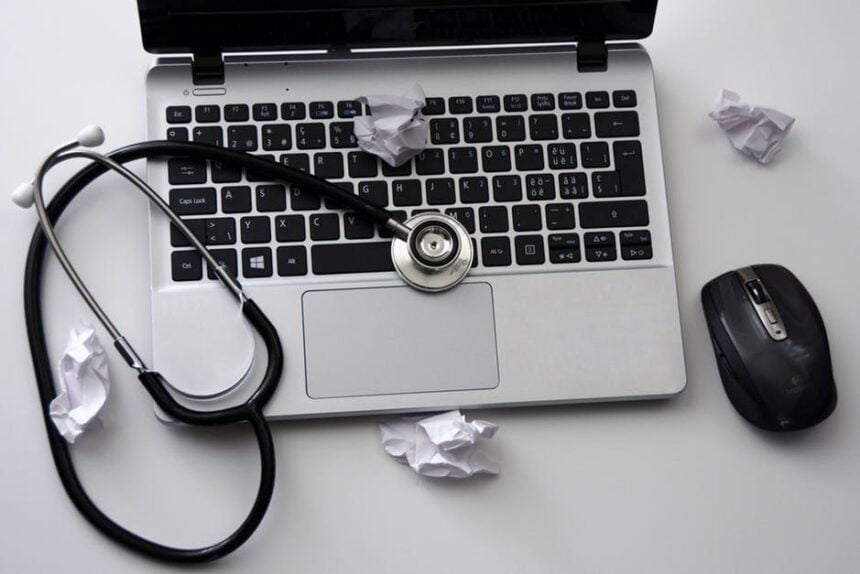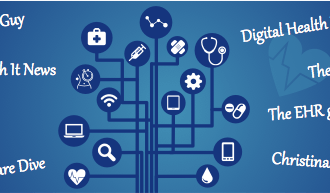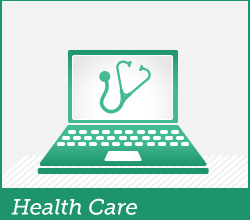For everything you search on Google, there is always a high chance of getting the wrong answer. There is still a lack of trust and credibility when it comes to medical information. Even the top-ranking source i.e. Wikipedia is not trustworthy since anyone can change the information with little verification. This is why most people do not trust the internet for critical matters such as medical help.
Fortunately, times are changing and there are platforms that offer professional medical help online. As someone in need of medical help, be more prudent about where you are looking. So, here are three ideas to help you get the right medical help online.
Idea#1 – Avoid Misinformation
A study revealed that Wikipedia alone has incorrect information on at least ten severe health conditions. Sadly, Wikipedia isn’t the only pit of deception online. According to NY Times, only 43 percent websites provide accurate information regarding a medical condition. No wonder most Google searches always end up with some kind of cancer. And this isn’t all. There are several ridiculous health myths circulating on the internet.
There is even a term for the medical anxiety this kind of misinformation can cause. The doctors like (or not like) to call it ‘cyberchondria’. To avoid cyberchondria, stay away from information sources that aren’t backed by sound medical knowledge including:
- Wikipedia or any other public domain site where anyone can add or edit information without proper verification.
- Personal blogs, especially by people who claim to have healed themselves using some magic herb or diet. Such blogs have no credibility and are sales traps fake meds.
- Alternate medicine websites – One of the main reasons is alternate medicines aren’t backed by any solid science. In fact, they are based on obsolete information that has been debunked by modern scientific research.
Idea#3 – Keep a List of Reliable Sources
Mayo Clinic and WebMD are just two of the sources where information is reviewed by a panel of physicians before it is available to consumers. This adds a lot to their trustworthiness and credibility. However, some people do believe that the review panel may or may not be influenced by the sponsors who are keeping these ‘not for profit’ sites alive.
In its truest sense, medical help isn’t what you get from these websites. All you find is information about a certain condition, symptoms, and treatment options. Learning about a disease is not enough to treat a patient. It is worth remembering that proper diagnosis requires more personal attention. Not every patient feels the same symptoms, and some symptoms are common for several ailments. For someone with little medical knowledge, all this confusion can lead to an even severe form of cyberchondria. Some may even misdiagnose themselves and opt for a risky self-treatment.
So, while you can learn from these sources, you still have to consult a doctor to accurately diagnose and treat your condition.
Idea#3 – Use a Trustworthy Telemedicine App
Until now, there was no way you can find medical help online 24/7. Thankfully, it’s 2018 and the world has come a long way. There are apps that let you connect with a legit healthcare professional in a matter of minutes. This can bridge the distance between patients and physicians. Unlike other online sources, these apps let you discuss the condition directly with a doctor and seek instant medical help without risking your health.
The reason they are called telemedicine app is that they let you connect to your doctor via video chat. It is not a way to avoid a doctor, it is the best way to see one when you need to. These apps have revolutionized healthcare as we know it. Realizing their potential to save someone in a life-threatening situation, more and more doctors in the US are choosing to embrace these telemedicine apps.
Research suggests that the number of telemedicine visits is rising in the US and now doctors are encouraged to provide telehealth services in a variety of settings including schools and community centers.
It is best to ask your doctor regarding they app they are using so you can connect with someone you already trust, and someone aware of your medical history.
To sum it up, finding medical help online isn’t that bad an idea in this age. However, you need to make an informed choice to stay clear of the pits of misinformation. Make use of HIPAA compliant telemedicine apps and discuss the options with your own doctor.








